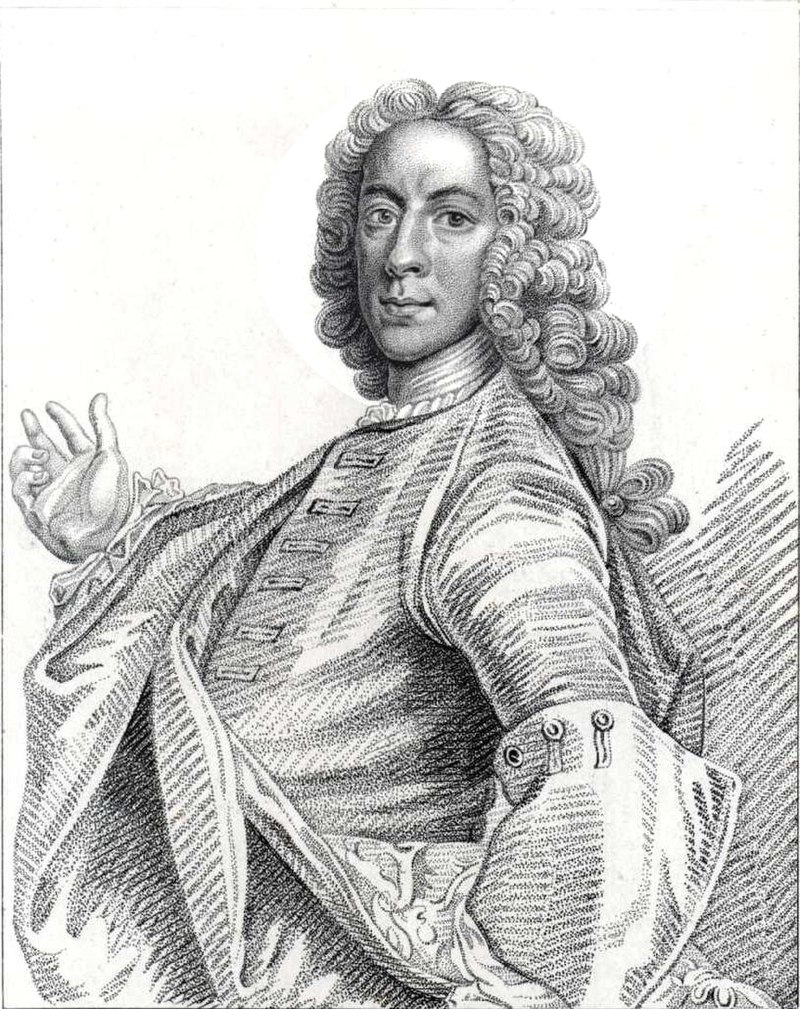
John Taylor (16 August 1703 – 6 June 1772), self-styled Chevalier Taylor, was an early 18th-century English oculist,[a]An oculist is an eye specialist.[1] Taylor described himself as an opthalmiater, a word of his own invention.[2] self-promoter and medical charlatan.[3] He was also one of the first qualified surgeons to specialise in diseases of the eye, at that time mostly the province of medically unqualified quacks.[2] Taylor was undoubtedly a skilled surgeon, but in the words of his contemporary the eminent Swiss anatomist and physiologist Albrecht von Haller, “too liberal of promises”.[3] There is some evidence that Taylor operated unsuccessfully on the composers George Frideric Handel and Johann Sebastian Bach,[2] the latter of whom died a few months after his surgery, probably from a post-operative infection, and neither of whom recovered their sight.[4]
Taylor was born in Norwich on 16 August 1703, the elder son of John Taylor (d. 1709), a surgeon and apothecary.[3] In 1722 Taylor became an apothecary’s assistant in London, where he also studied surgery under William Cheselden at St Thomas’s Hospital, from whom he gained his interest in eye surgery. After practising as a surgeon and oculist in Norwich, Taylor began travelling around England as a peripatetic eye-doctor in 1727,[3] which was not uncommon at the time; some treatments resulted in only temporary improvements, and it was prudent for the practitioner to be elsewhere when the effects wore off, or were seen to be ineffective when the bandages were removed.[2] Taylor would operate and then cover the wound with a bandage, not to be removed before 5 or 6 days, which although increasing the risk of infection allowed him time to move on to the next town.[5] Although basing himself in London, Taylor visited almost every court in Europe, travelling in great style with two coaches and many liveried servants.[3] His ostentation may be excused as a need for self-promotion at a time when pioneering new medical specialisms were facing opposition from the established medical community.[3]
Taylor left England in about 1767, and died in a convent at Prague on 6 June 1772, said by then to be himself blind.[3] His career is perhaps best summed up in an article published in the Royal London Ophthalmic Hospital Reports, 1917:
